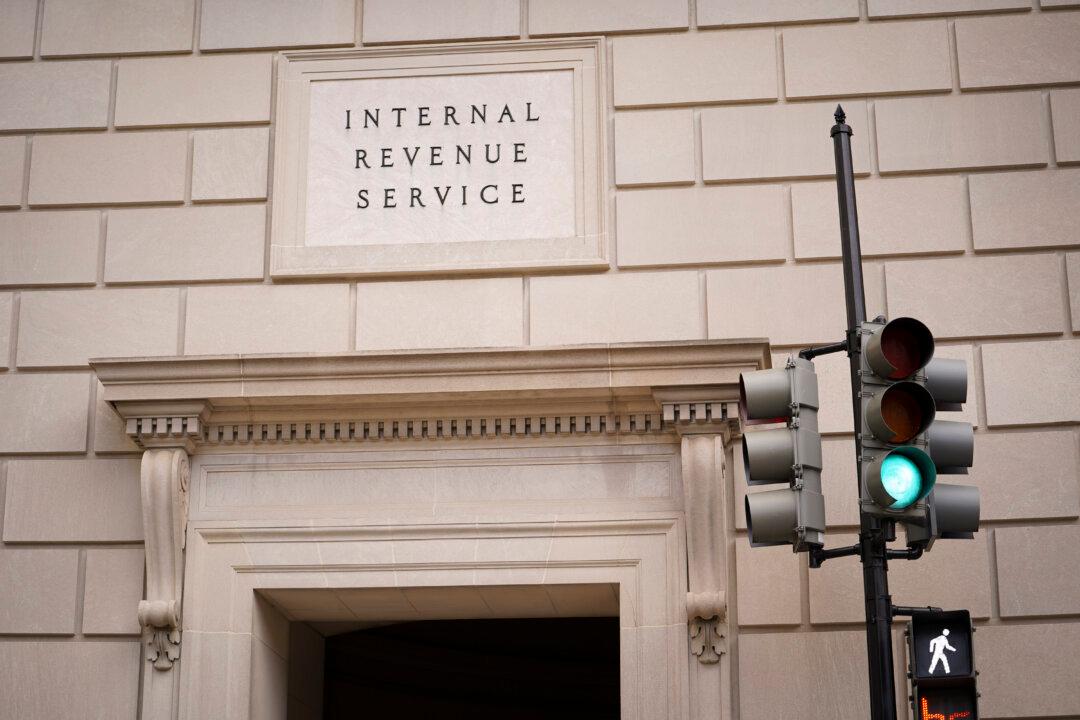The IRS has proposed new rules for catch-up contributions, which are extra contributions to 401(k) or similar retirement plans for employees aged 50 or older.
Announced on Jan. 10, the proposed regulations aim to clarify how statutory changes introduced by the SECURE 2.0 Act should be implemented. With the proposal, the agency is also seeking to address public feedback received in response to an earlier notice, which provided initial guidance on catch-up contribution requirements.





